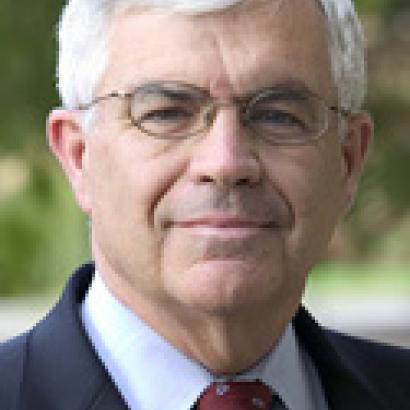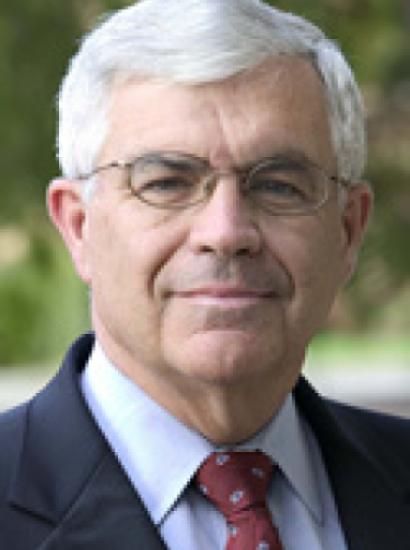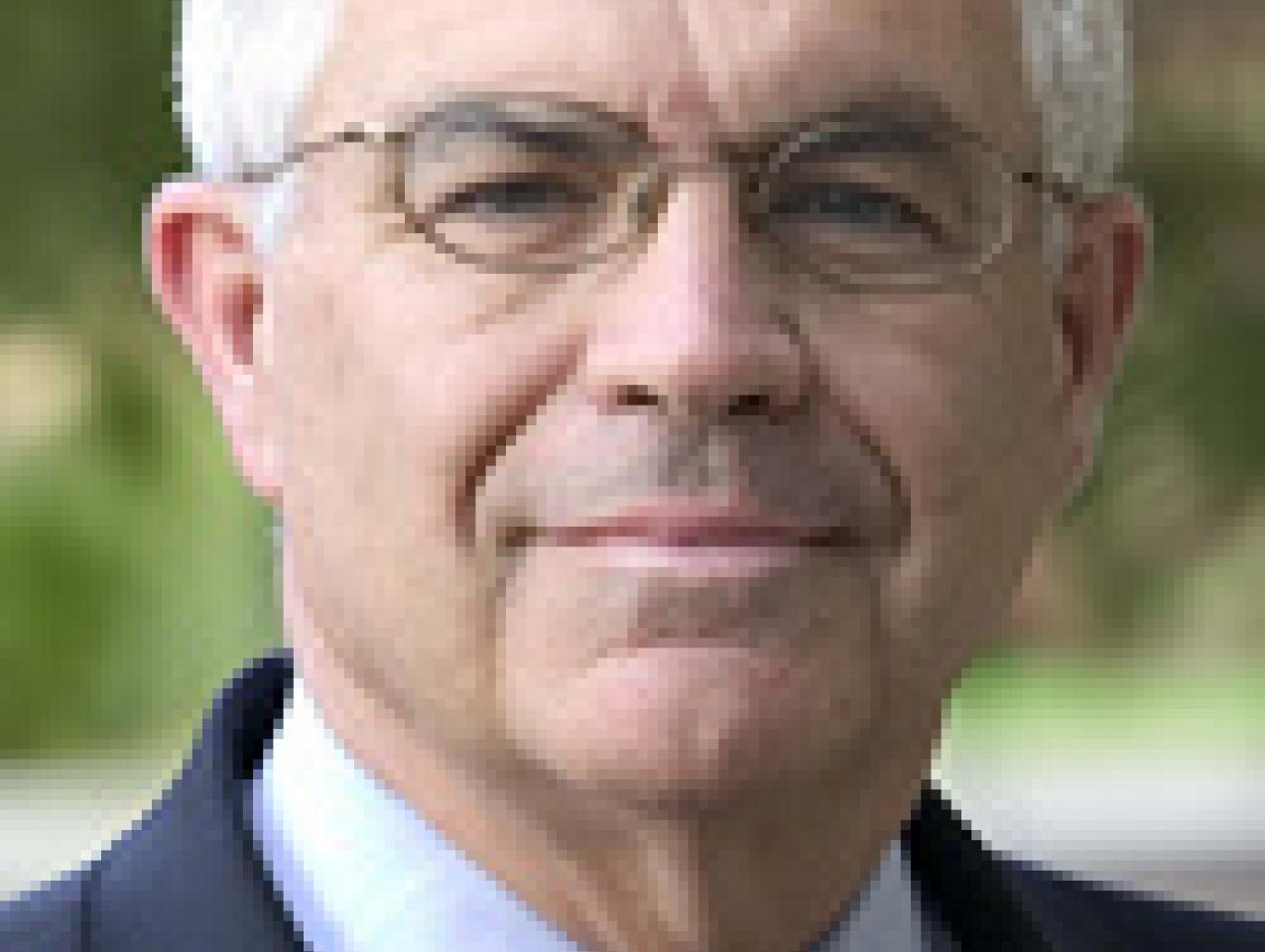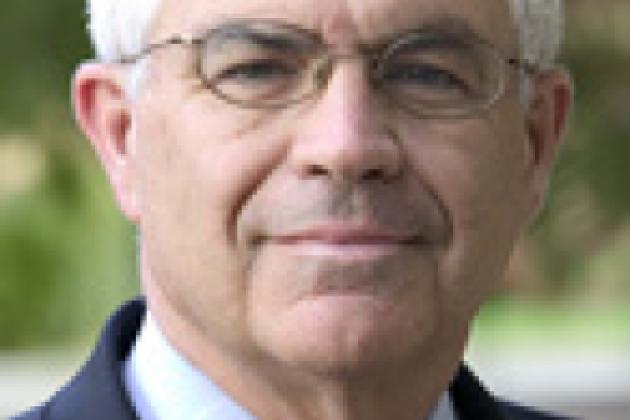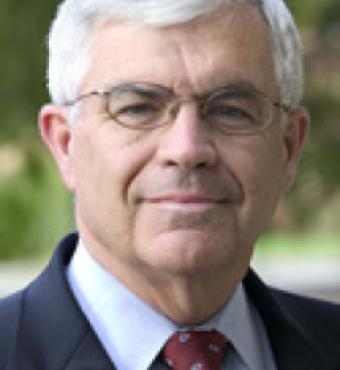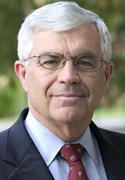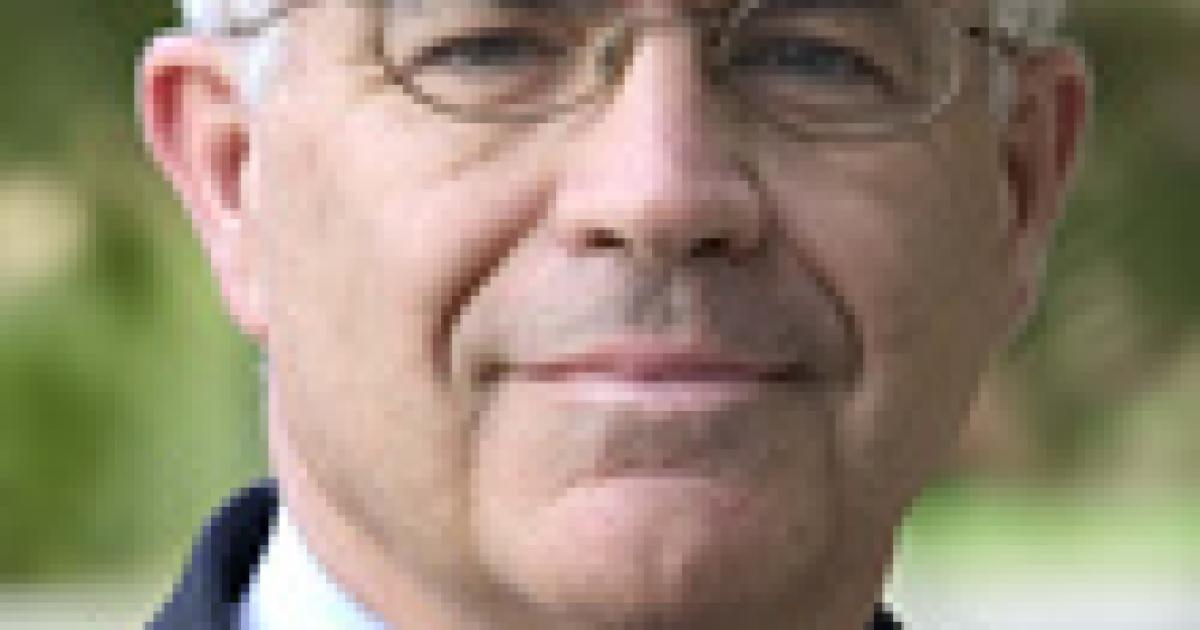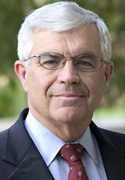
“John Taylor’s Contributions to Monetary Theory and Policy,” a conference named in honor of Hoover senior fellow John Taylor, will take place October 12 and 13. The conference, sponsored by the Federal Reserve Bank of Dallas, will feature sessions that focus on the many economic theories Taylor has developed. The Dallas Fed organized a similar conference in honor of Milton Friedman and his wife, Rose, in 2003.
Taylor, conference organizers, say, “has had enormous impact on how we think about monetary policy and the channels through which it affects the economy.” Among his contributions are the Taylor Curve, which demonstrates a trade-off between the variability of inflation and output; the Taylor Contracts, a new approach to modeling nominal rigidities; and the Taylor Rule and associated Taylor Principle, characterizations of how monetary policy has been and ought to be conducted.
Taylor is currently a member of the California governor's Council of Economic Advisers, on which he also served from 1996 to 1998. He also served as senior economist on President Ford's Council of Economic Advisers in 1976; as a member of President Bush's Council of Economic Advisers from 1989 through 1991; and as a member of the Congressional Budget Office's Panel of Economic Advisers from 1995 to 2001.
From 2001 to 2005, Taylor served as undersecretary of the Treasury for international affairs where he was responsible for U.S. policies in international finance, including currency markets, trade in financial services, foreign investment, international debt and development, and oversight of the International Monetary Fund and the World Bank. He was also responsible for coordinating financial policy with the G-7 countries and was a member of the board of the Overseas Private Investment Corporation.
Taylor is the Bowen H. and Janice Arthur McCoy Senior Fellow at the Hoover Institution and the Mary and Robert Raymond Professor of Economics at Stanford University. He has served as the director of the Stanford Institute for Economic Policy Research and was founding director of Stanford's Introductory Economics Center.
Taylor has received numerous awards, including the Adam Smith Award from the National Association for Business Economics for his work as a researcher, public servant, and teacher; the Alexander Hamilton Award for his overall leadership in international finance at the U.S. Treasury; the Treasury Distinguished Service Award for designing and implementing the currency reforms in Iraq; the Medal of the Republic of Uruguay for his work in resolving the 2002 financial crisis; and the George P. Shultz Distinguished Public Service Award. He has also won many teaching awards; he was awarded the Hoagland Prize for excellence in undergraduate teaching and the Rhodes Prize for his high ratings from Stanford's introductory economics course. Before joining the Stanford faculty in 1984, Taylor held positions as professor of economics at Princeton University and Columbia University. Taylor received a B.A. in economics summa cum laude from Princeton University in 1968 and a Ph.D. in economics from Stanford University in 1973.







